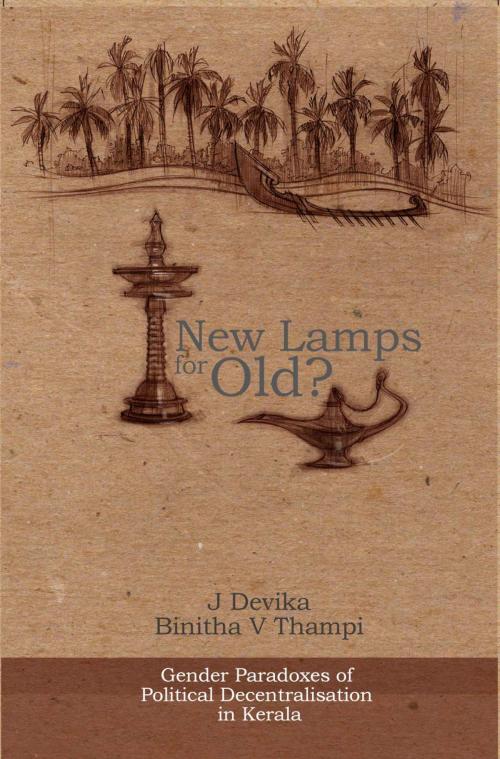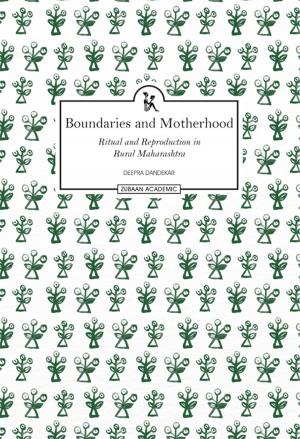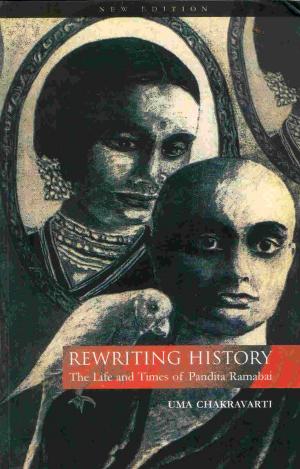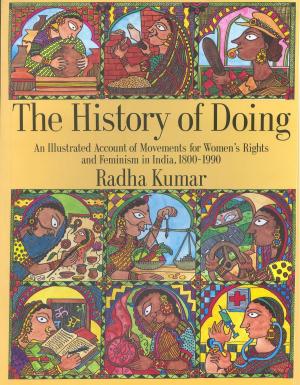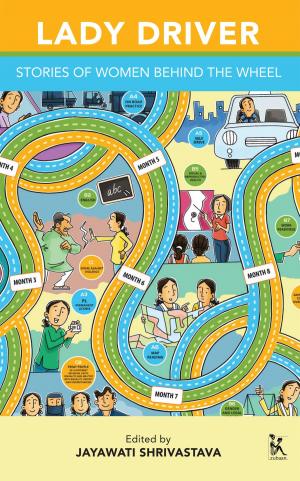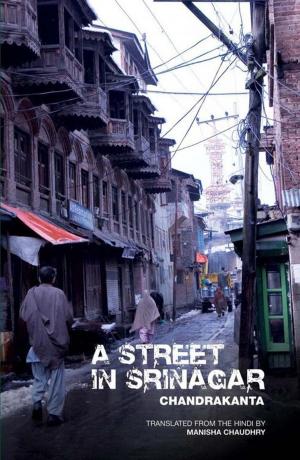New Lamps for Old?
Gender Paradoxes of Political Decentralisation in Kerala
Nonfiction, Social & Cultural Studies, Social Science, Sociology, Rural, Gender Studies, Political Science| Author: | J. Devika, Binitha V. Thampi | ISBN: | 9789381017395 |
| Publisher: | Zubaan | Publication: | June 25, 2012 |
| Imprint: | Language: | English |
| Author: | J. Devika, Binitha V. Thampi |
| ISBN: | 9789381017395 |
| Publisher: | Zubaan |
| Publication: | June 25, 2012 |
| Imprint: | |
| Language: | English |
Based on a large number of interviews with women politicians of many generations and women who have entered the three-tier Panchayati Raj institutions since the mid-1990s in Kerala, this book tries to initiate fresh debate on the impact of the large-scale induction of women into the institutions of local self-government in India. The State of Kerala has been hailed as a success story in accommodating gender concerns in local-level planning and political decentralisation; this conclusion has been based on relatively simple evaluative exercises that ask whether women of diverse backgrounds have gained entry into formal institutions of governance or not. This book seeks to place political decentralisation and its possibilities for women within the historical and contemporary contexts. Against the popular assumption that the liberal feminist promise made by the state will be delivered, say, once the noxious influence of male relatives is removed, the book points to the multiple social forces that shape possibilities and hindrances for women, and reshape gender divisions in the political field. The book thus pays attention to women in both local governance and politics. Secondly, it examines how women have utilised, extended, survived within or subverted these spaces. In the present context in which fifty per cent of the seats in the institutions of local self-government are being reserved for women, and there exists considerable skepticism about reservations for women in the Parliament, this book offers reflections on both local governance and ‘high’ politics.
Based on a large number of interviews with women politicians of many generations and women who have entered the three-tier Panchayati Raj institutions since the mid-1990s in Kerala, this book tries to initiate fresh debate on the impact of the large-scale induction of women into the institutions of local self-government in India. The State of Kerala has been hailed as a success story in accommodating gender concerns in local-level planning and political decentralisation; this conclusion has been based on relatively simple evaluative exercises that ask whether women of diverse backgrounds have gained entry into formal institutions of governance or not. This book seeks to place political decentralisation and its possibilities for women within the historical and contemporary contexts. Against the popular assumption that the liberal feminist promise made by the state will be delivered, say, once the noxious influence of male relatives is removed, the book points to the multiple social forces that shape possibilities and hindrances for women, and reshape gender divisions in the political field. The book thus pays attention to women in both local governance and politics. Secondly, it examines how women have utilised, extended, survived within or subverted these spaces. In the present context in which fifty per cent of the seats in the institutions of local self-government are being reserved for women, and there exists considerable skepticism about reservations for women in the Parliament, this book offers reflections on both local governance and ‘high’ politics.
